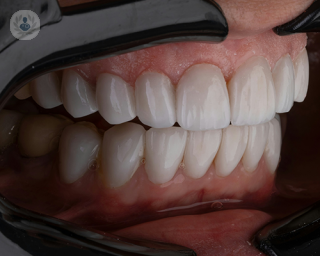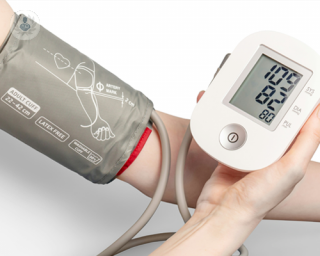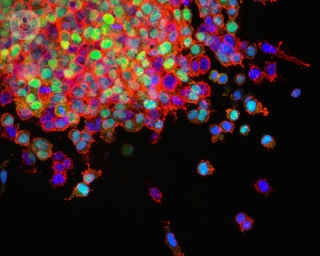
By Professor Sandip Hindocha
25.03.24
Rebuilding confidence: The journey with DIEP flap surgery
Breast cancer treatments, such as mastectomy, can often leave individuals grappling with the loss of a part of themselves. However, advancements in reconstructive surgery offer a ray of hope, enabling patients to regain confidence and restore a sense of wholeness. One such innovative procedure is the Deep Inferior Epigastric Perforator (DIEP) flap surgery, which stands at the forefront of breast reconstruction techniques. The DIEP flap surgery is a meticulous procedure aimed at recreating a natural-looking breast using the body's own tissues. Unlike traditional methods that use implants, DIEP flap surgery utilises skin, fat, and blood vessels from the patient's abdomen, typically taken from the lower abdominal region, to reconstruct the breast. This technique not only offers a more natural result but also minimises the risk of complications associated with implants. The decision to undergo DIEP flap surgery can be made either immediately after mastectomy or at a later stage, depending on the patient's preferences and medical condition. Additionally, the procedure can be performed in one or multiple stages, tailored to suit the individual's needs and circumstances. Factors such as anatomy, medical history, and aesthetic goals play a crucial role in determining the type and timing of reconstruction. In his latest online article, Professor Sandip Hindocha gives us a detailed overview of what to expect before, during, and after DIEP flap surgery.


















